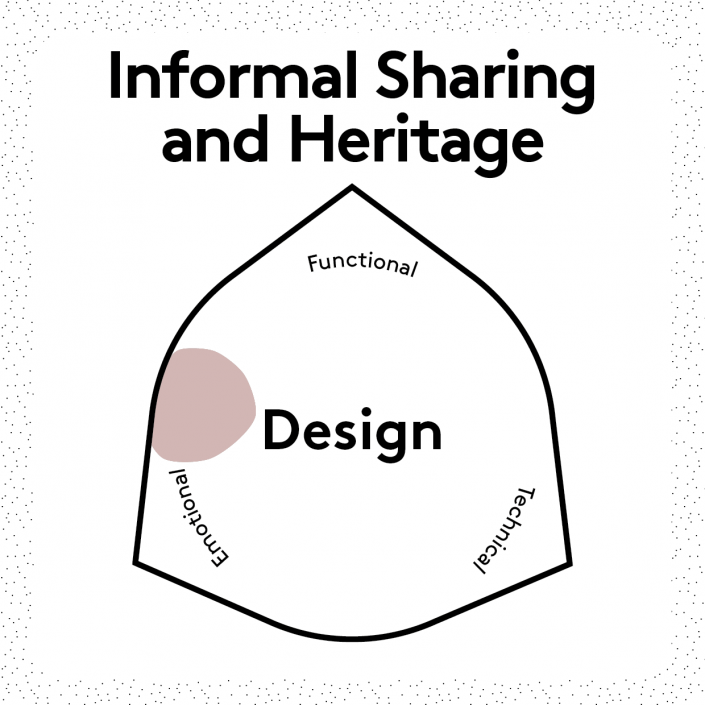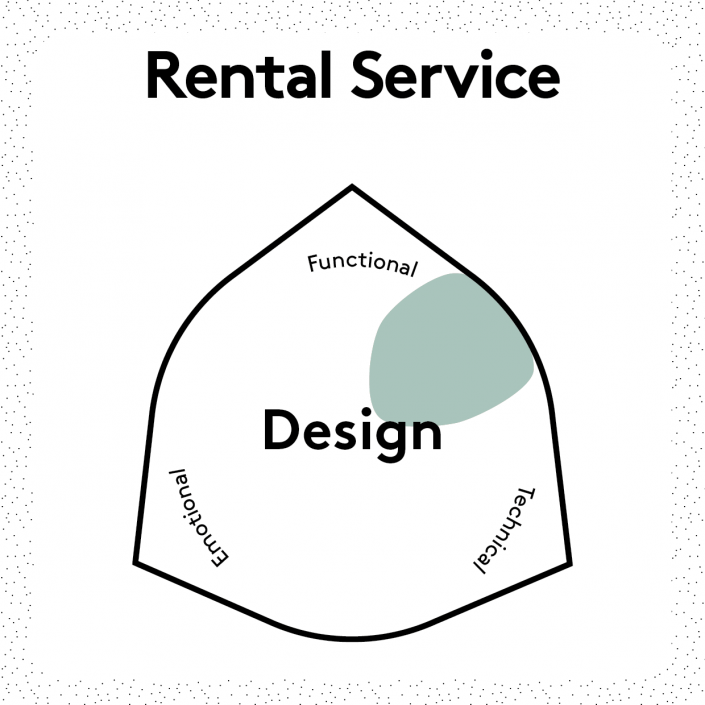What?
Systems and services that allow diverse actors to share products.
Why?
- It speaks into the current sharing paradigm that promotes more responsible consumption and resource use.
- It can represent an economic advantage for users.
- Formalised platforms can guarantee ‘safe’ sharing spaces.
Challenges
- It can be difficult to answer ‘how?’, ‘what?’, ‘for whom?’ when a service system is formalised.
- Formalised sharing platforms may require large data systems to process information on product flows or users.
Examples
- Systems may focus on optimising the use-extent of a product, as seen at textile rental and laundry service company Elis.
- The company Too Good To Go has developed an app where you can find and purchase food from restaurants after closing hours to avoid food waste.
- Enablers of the gift economy such as “Free & take” groups on Facebook or the Freecycle network.
Further Reading
Ackerman & Hu (2017). Assuring Me That It Is As ‘Good As New’ Just Makes Me Think About How Someone Else Used It. Journal of Consumer Behaviour, 16(3), 233-241.
Lacy & Rutqvist (2015). The Sharing Platform Business Model: Sweating Idle Assets. In: Waste to Wealth. Springer.
Muñoz & Cohen (2015). Sharing Cities and Sustainable Consumption and Production: Towards an Integrated Framework. Journal of Cleaner Production, 134, 87-97.









